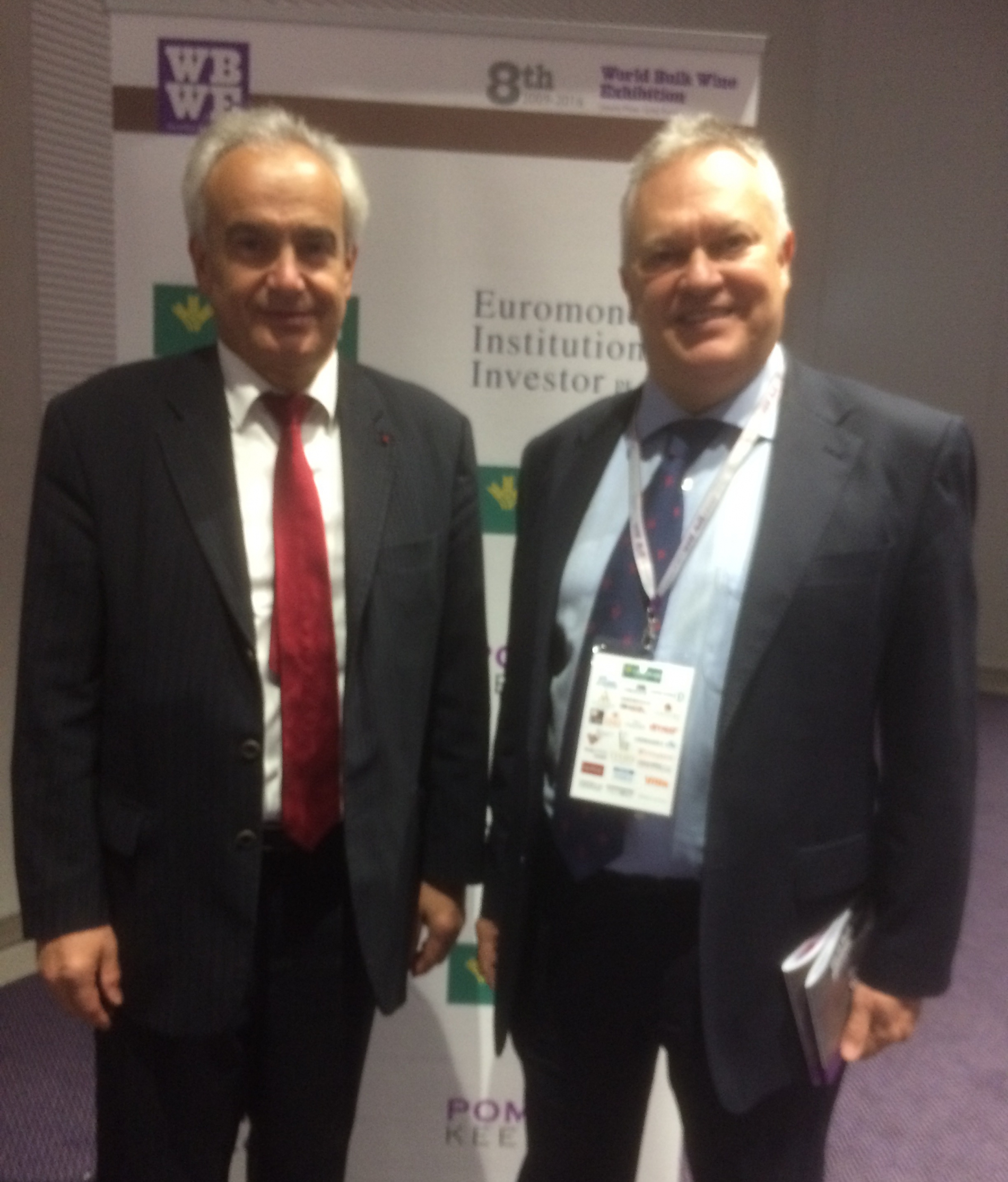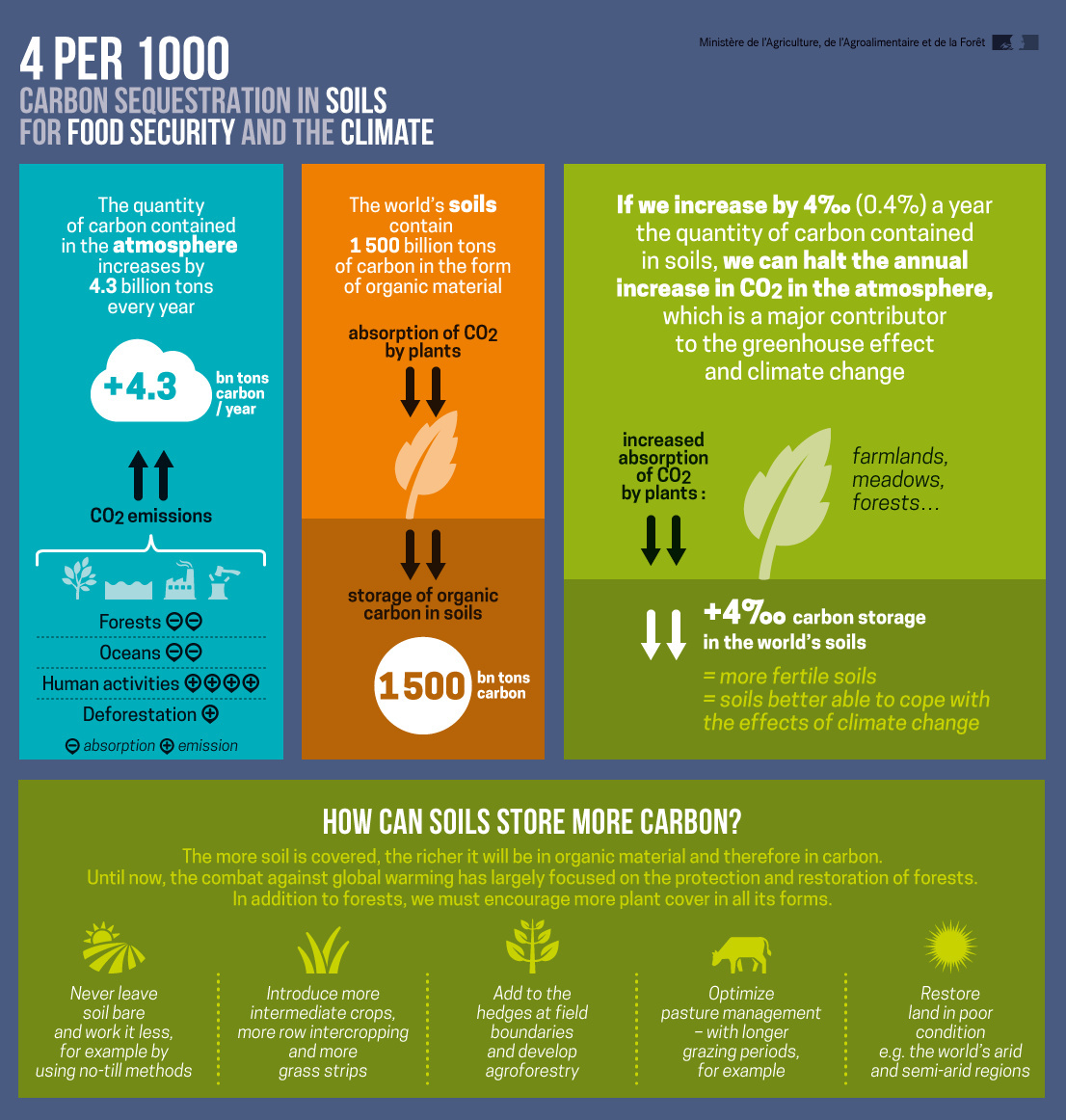
This professional trade fair brought together more than 225 companies representing over 85% of the global bulk wine trade.

During the programme of conferences organised as part of this exhibition and placed under the patronage of the OIV, Director General Jean-Marie Aurand gave a presentation on the overall state of the wine market, with a particular focus on the bulk wine trade. This sub-sector is steadily developing, with exports rising from 15 million hectolitres in 2000 to 40 million in 2016 – equating to 38% of the total volume of wine exported in the world. Seven countries account for 85% of bulk wine exports: Spain (35%), Italy (12%), Australia (10%), Chile (10%), South Africa (7%), France (6%) and the United States (5%).

During a meeting with the Secretary General of the Ministry of Agriculture, Prof. Mohammed Sadiki, in the presence of the Director General of the ONSSA (National Office for Health Security of Food Products) and his colleagues, the OIV President and the Director General welcomed the quality of the collaboration between the Moroccan authorities and the Organisation, expressing the desire for this to be continued and further developed. The even greater participation of the Moroccan experts in the work of the OIV, as well as the possibility of organising a presentation of Moroccan wines at the Organisation's headquarters, was discussed in this spirit.
Professor Mohammed Sadiki (in the centre of the group photo) confirmed his country's commitment to the OIV and the Moroccan authorities' desire to strengthen this relationship at a time when Moroccan viticulture is making great efforts to adapt and modernise.

With a surface area of 50 000 ha of vines, Morocco produces over 4 000 000 tons of grapes – 80% of which are destined for direct consumption and 20% for vinification.
Table-grape and dried-grape production is steadily growing, while wine production (350 000 hL/year) has seen a revival thanks to a proactive policy of quality promotion and identification of wines through geographical indications and designations of origin.
With regard to COP22, Monika Christmann and Jean-Marie Aurand participated in the work of the 4 per 1000 initiative, which involves promoting carbon sequestration in the soil through appropriate agronomic practices and thus helping to reduce greenhouse gases.

This initiative launched in Paris during COP21 brought together over 170 organisations (states, intergovernmental organisations, research institutes, non-governmental organisations) and the OIV was involved in the project.
During his speech the President highlighted the OIV's interest in the work conducted within this Forum, which fits perfectly with the work areas of the Organisation in terms of climate change and sustainable development.